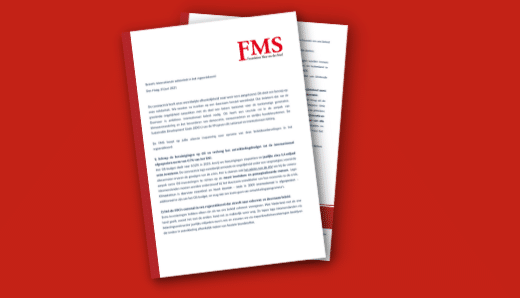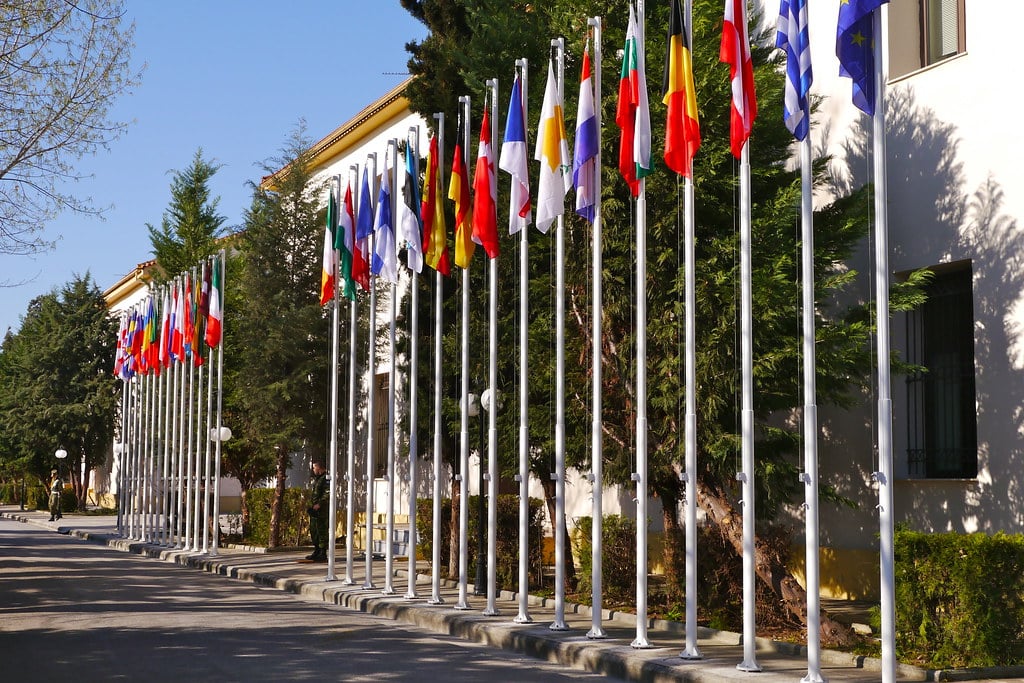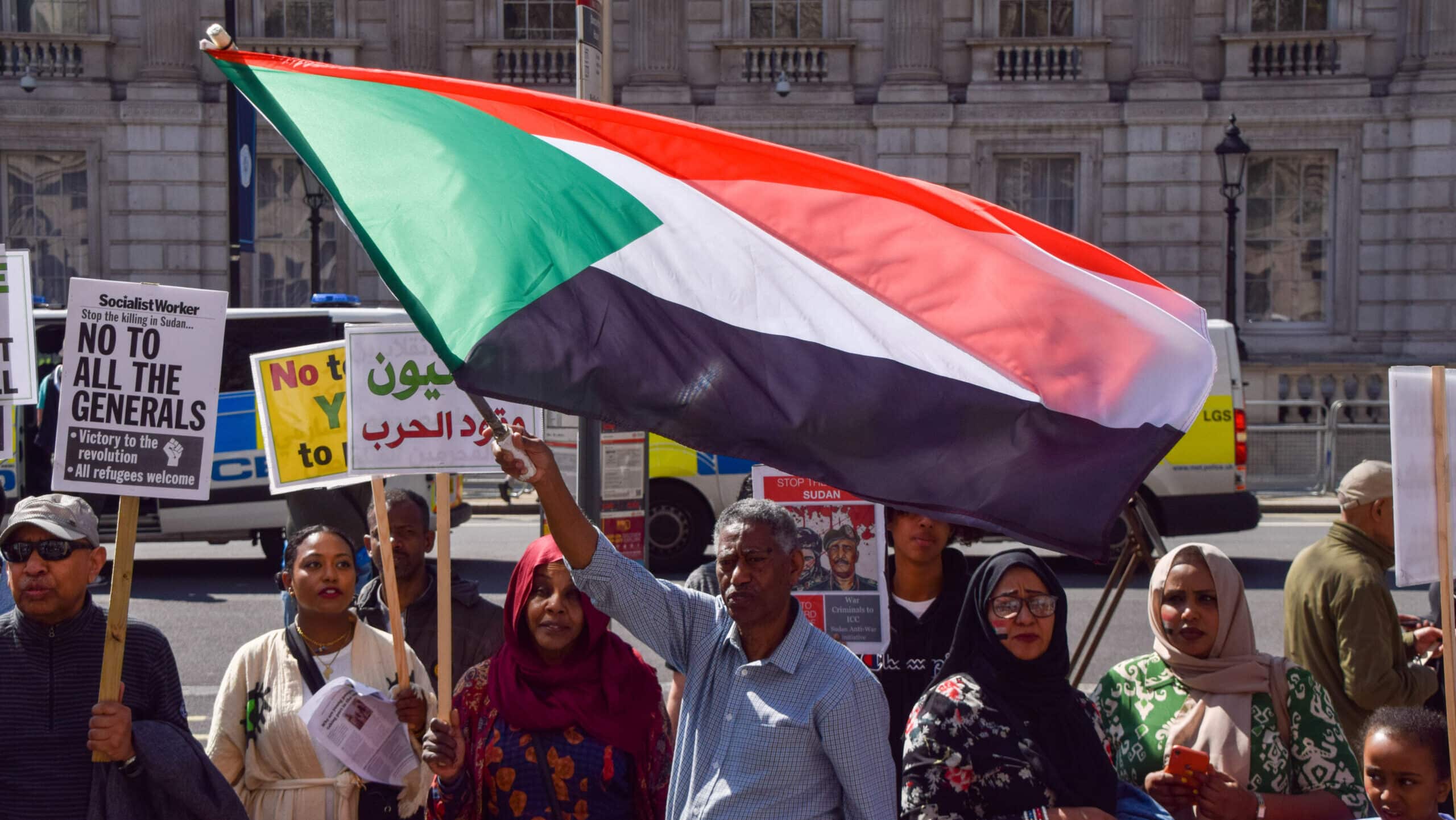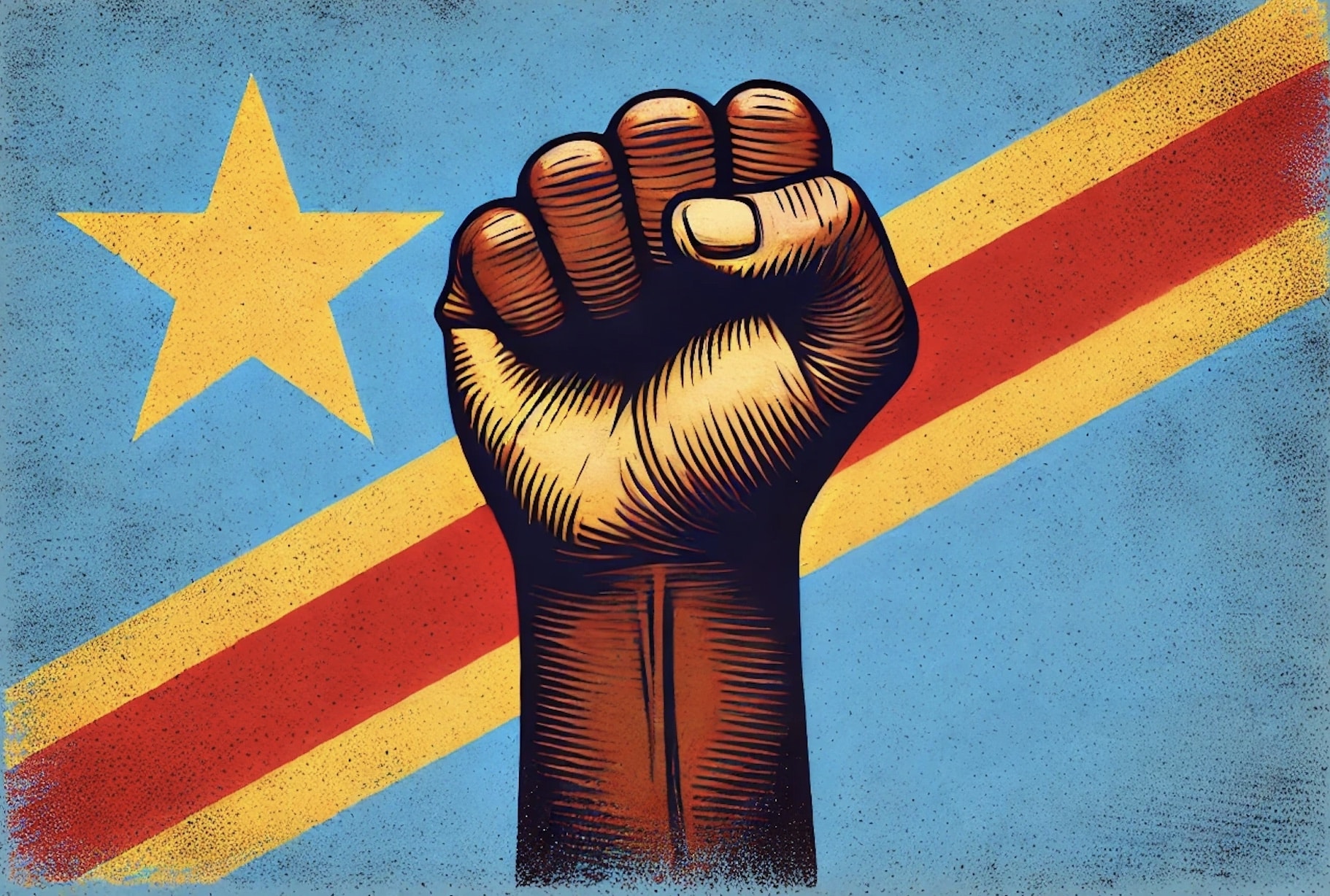The Hague, 23 June 2021
The corona crisis has once again demonstrated our global dependency. This calls for our solidarity. We must now commit to a sustainable global recovery. That means tackling growing inequality with the aim of a better future for future generations. This requires ambitious international policies. OS has a crucial role in tackling climate change and promoting democracy, human rights and fair trade systems. The UN's Sustainable Development Goals (SDGs) guide this nationally and internationally.
The FMS hopes for your utmost effort for inclusion of these policy recommendations in the coalition agreement:
1) Scrap OS cuts and increase the development budget to the internationally agreed standard of 0.7% of GNI.
The OS budget declines to 0.52% by 2025, unless we halt austerity measures and annualise around Investing an additional 1.4 billion. The corona crisis puts global poverty and inequality under a magnifying glass; the poorest in particular are experiencing its effects. It is therefore also the AIV opinion To focus additional OS investment in the corona approach on the most vulnerable and marginalised people. Low-income countries should be supported in developing their economies sustainably after the crisis. Climate support is essential for this and should therefore - as agreed internationally in 2009 - be additional to the OS budget and not at the expense of development programmes.
2) Put the SDGs at the heart of a coalition agreement that seeks coherent and sustainable policies.
Additional investment only makes sense if we shape our policies coherently. What the Netherlands gives with one hand, it takes away with the other just as easily. For instance, low-income countries miss out on billions of euros annually through tax constructions, and through export credit insurance we support companies that make developing countries dependent on fossil fuels.
This is how the Netherlands works sustainable recovery in other countries at. The SDGs provide guidance for designing our policies coherently. It is therefore imperative that a subsequent cabinet:
- an ambitious national SDG strategy drafts with targets specified for the Netherlands;
- takes a leading role in achieving the SDGs;
- and the SDGs as central assessment framework for all policy takes. Indeed, the objectives are widely supported, but they fail to be achieved coherently at home and abroad. For this, the SDG coordination more broadly invested be than just at BHOS.
Trade should also make a positive contribution. The SERevaluation shows the need for binding measures for International Corporate Social Responsibility (CSR).
3) Supporting a critical civil society at home and abroad should be central with a particular focus on human rights, gender equality and democracy.
This year, Lukashenko strengthened his stranglehold on activists in Belarus and Turkey withdrew from the Istanbul Convention on Combating Violence against Women. Even within the European Union, countries such as Bulgaria, Poland and Hungary are considering pulling out of this convention and the principles of the rule of law are being flouted. These recent developments make it clear that democracy and human rights cannot be taken for granted and are therefore a should be an integral part of all international cooperation. This includes supporting civil society organisations and movements at home and abroad, as a strong civil society is essential for ensuring democracy, human rights and gender equality.
We hope you will endorse the importance of these points and bring them to the negotiations during the cabinet formation.
Sincerely,
Bert Koenders Arjen Berkvens
Chairman Foundation Max van der Stoel Director
The Foundation Max van der Stoel (FMS) is an independent foreign foundation affiliated to the PvdA. We work for democratisation in the EU's neighbouring countries, fairer Dutch and EU policies towards developing countries, and we stimulate public debate on these issues in the Netherlands.





